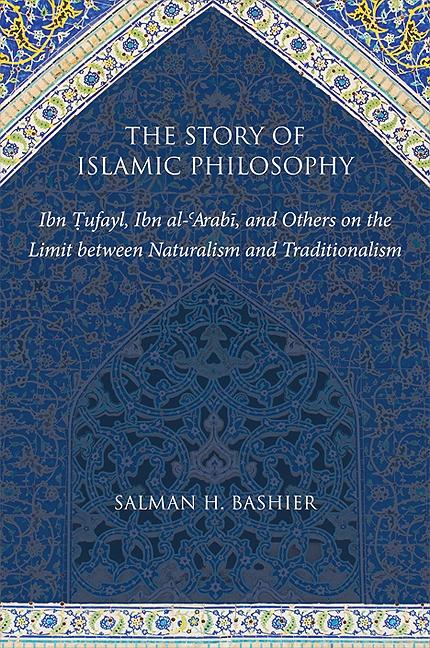
Sofort lieferbar (Download)
In this innovative work, Salman H. Bashier challenges traditional views of Islamic philosophy. While Islamic thought from the crucial medieval period is often depicted as a rationalistic elaboration on Aristotelian philosophy and an attempt to reconcile it with the Muslim religion, Bashier puts equal emphasis on the influence of Plato's philosophical mysticism. This shift encourages a new reading of Islamic intellectual tradition, one in which boundaries between philosophy, religion, mysticism, and myth are relaxed. Bashier shows the manner in which medieval Islamic philosophers reflected on the relation between philosophy and religion as a problem that is intrinsic to philosophy and shows how their deliberations had the effect of redefining the very limits of their philosophical thought. The problems of the origin of human beings, human language, and the world in Islamic philosophy are discussed. Bashier highlights the importance of Ibn ufayl's ayy ibn Yaq an, a landmark work often overlooked by scholars, and the thought of the great Sufi mystic Ibn al- Arabi to the mainstream of Islamic philosophy.
Produktdetails
Erscheinungsdatum
02. Juli 2012
Sprache
englisch
Seitenanzahl
209
Dateigröße
2,42 MB
Autor/Autorin
Salman H. Bashier
Verlag/Hersteller
Kopierschutz
mit Adobe-DRM-Kopierschutz
Produktart
EBOOK
Dateiformat
EPUB
ISBN
9781438437446
Entdecken Sie mehr
Bewertungen
0 Bewertungen
Es wurden noch keine Bewertungen abgegeben. Schreiben Sie die erste Bewertung zu "The Story of Islamic Philosophy" und helfen Sie damit anderen bei der Kaufentscheidung.









